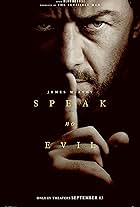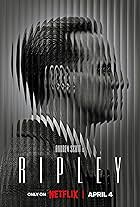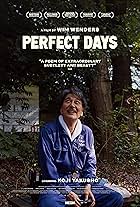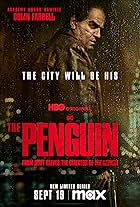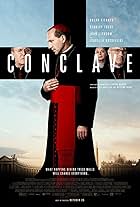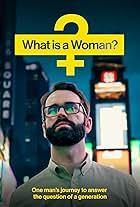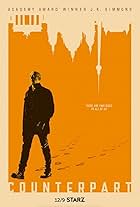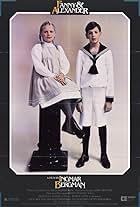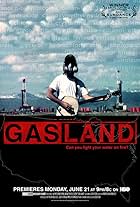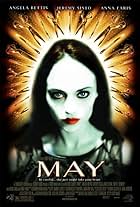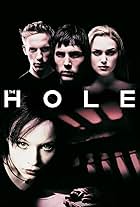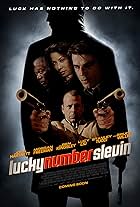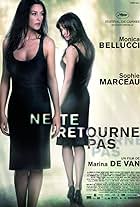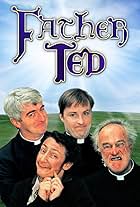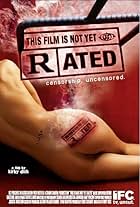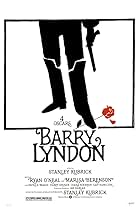
VBeretta
Joined Mar 2002
Welcome to the new profile
We're still working on updating some profile features. To see the badges, ratings breakdowns, and polls for this profile, please go to the previous version.
Ratings2.1K
VBeretta's rating
Reviews37
VBeretta's rating
A washed-out boxer decides to fight in a "comeback" match. Everything is against him: his age, a strong opponent, even his agent (who, secretly, betted against him). His only hope? A young fan who does seem capable of making wishes come true. And the kid wishes for the main character to win...
This immediately causes a conundrum: the kid's mother does seem to confirm that, yes, the kid's power is real. Does, however, a fight won due to supernatural causes "count"? The old boxer "morally" deserves to win, but is this enough to justify a clear cheat behind his victory?
The episode's strength lies in its lack of a definitive answer. The viewer can come to his own conclusion and even consider the fact that "winning" can have a different meaning after all. This episode features a strong black cast-which was a bold choice for when it was aired-and the performances are uniformly good. One of the best examples of "food for thought"... in the Twilight Zone.
This immediately causes a conundrum: the kid's mother does seem to confirm that, yes, the kid's power is real. Does, however, a fight won due to supernatural causes "count"? The old boxer "morally" deserves to win, but is this enough to justify a clear cheat behind his victory?
The episode's strength lies in its lack of a definitive answer. The viewer can come to his own conclusion and even consider the fact that "winning" can have a different meaning after all. This episode features a strong black cast-which was a bold choice for when it was aired-and the performances are uniformly good. One of the best examples of "food for thought"... in the Twilight Zone.
The basic idea behind this episode is so out there that the first five minutes could already be a full-fledged episode. Arthur Curtiss is a businessman looking forward to a well-deserved vacation with his family. He is doing some last-minute work in his office when someone yells, "Cut!"... and he is now actually Gerry Raigan, an actor playing Curtiss in a movie.
As usual for TTZ, the main character is the only one to realize that something is horribly wrong. All the other characters agree that Raigan either suffered a mental breakdown (his life is currently hell) or is trying to delay the consequence of a painful divorce (his ex-wife is a harpy), or both. Everything Raigan knows about "Curtiss" is in the script of the movie. Even the office is only a set-the doors leading to backstages. The only real world is the one existing outside the movie studio.
This is a great episode that, like many others in TTZ, is incredibly influential. Just think of the contemporary idea of "The Backrooms," which portrays the idea that "life is a stage" in a different but adjacent way. The only flaw I can find is the fact that it is Curtiss the real character is never put in doubt, his problem being how to return to his world. Yet, a stage as a liminal space is another incredibly forward-looking idea, and the ending is really fun. Fun, of course, as something can be fun... in The Twilight Zone.
As usual for TTZ, the main character is the only one to realize that something is horribly wrong. All the other characters agree that Raigan either suffered a mental breakdown (his life is currently hell) or is trying to delay the consequence of a painful divorce (his ex-wife is a harpy), or both. Everything Raigan knows about "Curtiss" is in the script of the movie. Even the office is only a set-the doors leading to backstages. The only real world is the one existing outside the movie studio.
This is a great episode that, like many others in TTZ, is incredibly influential. Just think of the contemporary idea of "The Backrooms," which portrays the idea that "life is a stage" in a different but adjacent way. The only flaw I can find is the fact that it is Curtiss the real character is never put in doubt, his problem being how to return to his world. Yet, a stage as a liminal space is another incredibly forward-looking idea, and the ending is really fun. Fun, of course, as something can be fun... in The Twilight Zone.
Forget about spaceships and large sets. Some of the best TTZ episodes use a single location, good actors, and a neat script-which is what we see here.
A young woman sits in a bus stop during a rainy night, waiting for her connection. The issue is that time seems to be out of sync in this location, with events unfolding in an odd sequence. Of course, the young woman is the only one to experience this. To everyone else, everything is perfectly normal... so, she is crazy, right?
The usual twist arrives quite early, and the rest of the plot sees the woman "battling" the strange phenomenon that surrounds this place. The ending is not completely satisfactory, but the trip is worth it. A location, good actors, and a good script are all you need... in The Twilight Zone.
A young woman sits in a bus stop during a rainy night, waiting for her connection. The issue is that time seems to be out of sync in this location, with events unfolding in an odd sequence. Of course, the young woman is the only one to experience this. To everyone else, everything is perfectly normal... so, she is crazy, right?
The usual twist arrives quite early, and the rest of the plot sees the woman "battling" the strange phenomenon that surrounds this place. The ending is not completely satisfactory, but the trip is worth it. A location, good actors, and a good script are all you need... in The Twilight Zone.





























